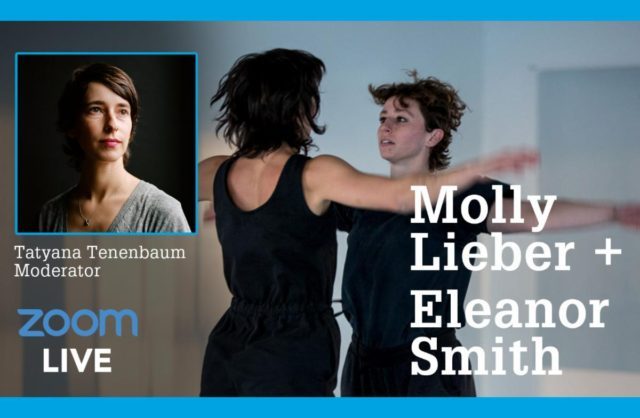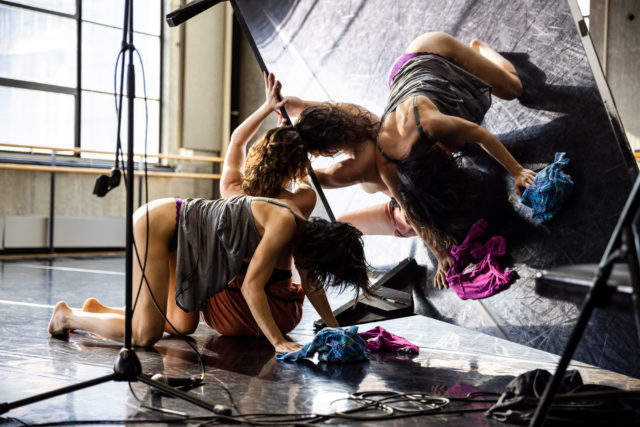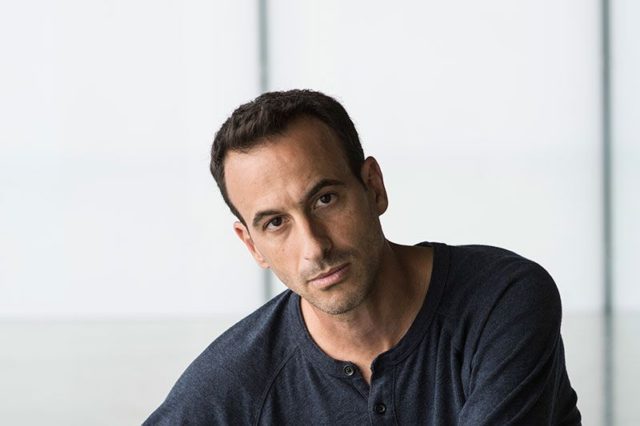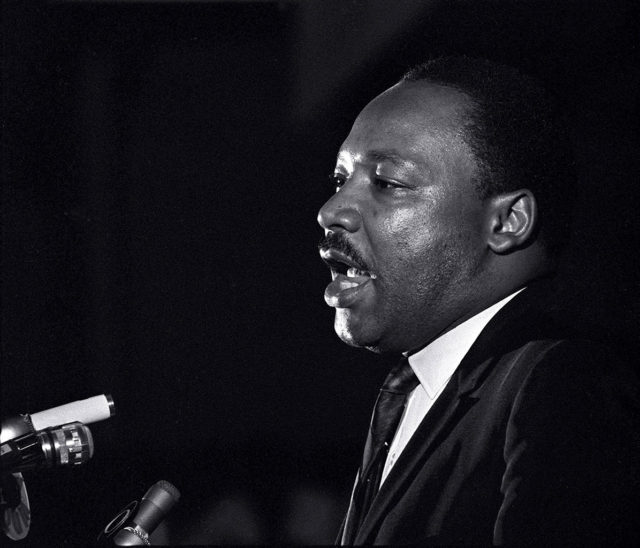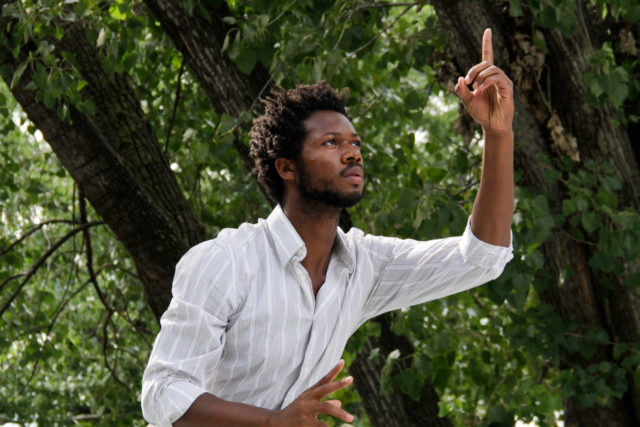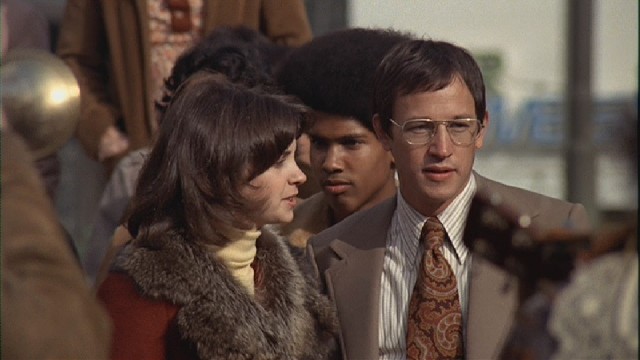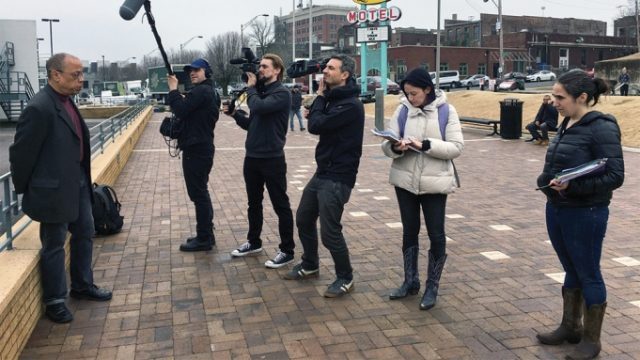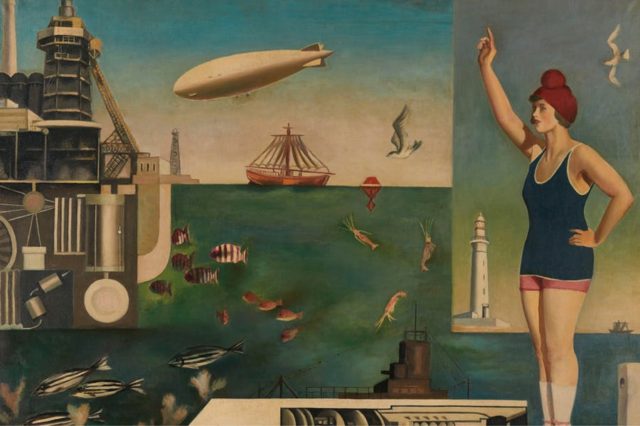
Koga Harue, Umi (The Sea), oil on canvas, 1929 (The National Museum of Modern Art, Tokyo / photo courtesy MOMAT/DNPartcom)
Who: MetSpeaks
What: Two-day virtual symposium on Met exhibition “Surrealism Beyond Borders”
Where: Metropolitan Museum of Art Zoom
When: Thursday, January 20, 1:00–5:30; Friday, January 21, 10:00 am – 1:00 pm, free with advance RSVP
Why: While walking through the Met’s must-see “Surrealism Beyond Borders” exhibit, which continues through January 30, I bumped into an old friend of mine who was not impressed by the show, disappointed that it was lacking in big-name familiar works. However, that’s part of the point. While the exhibition does feature works by Max Ernst, Giorgio de Chirico, René Magritte, Salvador Dalí, Leonora Carrington, Wifredo Lam, Dorothea Tanning, and Joan Miró, it explores the development of surrealism around the world, from Belgrade, Mexico City, the Netherlands, Haiti, South Korea, and Portugal to Egypt, England, Colombia, South America, Cuba, and Canada, where surrealism was often part of sociocultural movements toward freedom and justice.
Divided into such sections as “Collective Identities,” “The Work of Dreams,” “Beyond Reason,” “Thoughts in Transition,” “The Fantasy and Phallacy of Elsewhere,” “Bodies of Desire,” and “Automatism,” the show finds commonalities in different cultures in painting and sculpture and broadens the idea of what qualifies as surreal. Marcel Jean’s oil on wood Armoire surréaliste (Surrealist Wardrobe), made while the French artist was living in exile with his wife in Budapest, welcomes visitors with open doors. Koga Harue’s Umi (The Sea) prefigures Thomas Hart Benton. Ramses Younan’s 1939 untitled painting of a twisted Nut, the goddess of the sky, was a direct response to Magritte and Dalí. Ithell Colquhoun called her double-phallic Scylla “a pictorial pun.” There’s also an experimental film by Maya Deren, Cage by Alberto Giacometti, a copy of the 1941 Martinique arts journal Tropiques, Pierre Alechinsky’s depiction of Central Park, and a corner dedicated to surrealism in Chicago in the 1960s, with protest posters, manifestos, and blues music by Elmore James, Buddy Guy, and others. “Surrealism fights for the TOTAL LIBERATION OF MAN!” the Chicago Surrealist Group declared in 1971. The show indeed goes well beyond borders.
In conjunction with the final days of the show, MetSpeaks is hosting a two-day free virtual symposium consisting of four panel discussions with professors, publishers, artists, and art historians exploring various aspects of surrealism, focusing on time and place. Admission is free with RSVP; below is the schedule.
Thursday, January 20
Surrealism and Place, with Lori Cole, Krzysztof Fijalkowski, Talinn Grigor, fahima ife, and Mark Polizzotti, moderated by Joan Kee, 1:00 – 3:00
On Black, Brown, & Beige, with Robin D. G. Kelley and Fred Moten, moderated by Zita Cristina Nunes, 4:00 – 5:30
Friday, January 21
Surrealism and Time, with Sam Durant, Marie Mauzé, Partha Mitter, and Michael Stone-Richards, moderated by Dawn Adès, 10:00 am – 12:00 pm
Closing Discussion, with Dawn Adès, Joan Kee, and Zita Cristina Nunes, 12:00 – 12:45 pm
